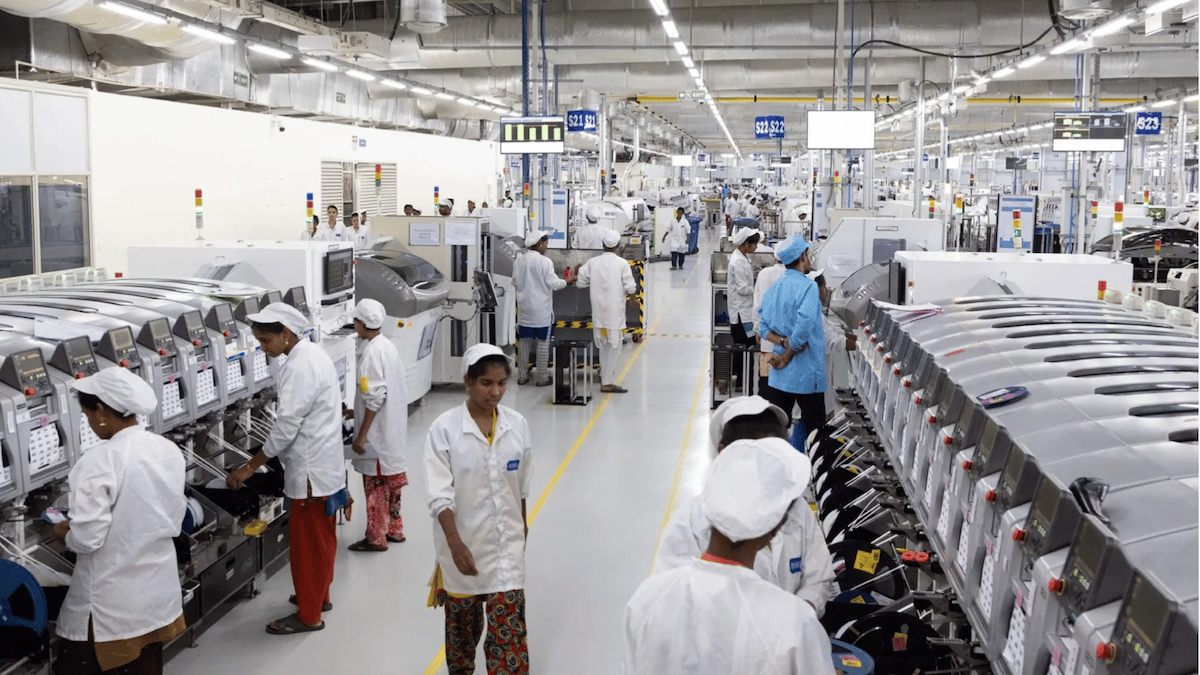As part of its diversification from China, Apple has been gradually shifting its production to India. Although the tech giant is replicating the blueprint it enforced in China 20 years ago, it has hit “stumbling blocks” in an effort to increase production in India.
Financial Times reports that only one out of every two components manufactured at a casing factory run by Tata in Hosur is good enough to be shipped to Foxconn. This indicates that Apple has to get a lot done in the county to reach production efficiency and volume like China’s.

Apple’s nascent operation in India fails to deliver the same efficiency as China’s
The report details that the tech giant is following the blueprint it set in China to build its nascent operations in India. The company has been sending its product designers and engineers from California and China to factories in the country to train local staff and assist in setting up production.
However, the high defect rate of components manufactured at Tata’s casing factory shows the scale of work which needs to be done in the country to achieve the same level of efficiency as China’s.
At a casings factory in Hosur run by Indian conglomerate Tata, one of Apple’s suppliers, just about one out of every two components coming off the production line is in good enough shape to eventually be sent to Foxconn, Apple’s assembly partner for building iPhones, according to a person familiar with the matter.
This 50 per cent “yield” fares badly compared with Apple’s goal for zero defects. Two people that have worked in Apple’s offshore operations said the factory is on a plan towards improving proficiency but the road ahead is long.

A former Apple employee explained that China’s suppliers and government were committed to doing whatever it took to win iPhone orders and they did. If a task was expected to be done in weeks, it was completed in days in China. But that is not the case in India because “there just isn’t a sense of urgency.”
A person involved in Apple operations said the process of expanding to India is slow in part because of logistics, tariffs and infrastructure. This person said Apple’s diversification into south- east Asia has been smoother thanks to the Regional Comprehensive Economic Partnership, a free trade agreement among 10 regional nations.
President of Venture Outsource, Mark Zetter added that Indian manufacturers lack the ambition to deliver high-quality products to retain clients.
Five years ago, when Zetter did research for the Indian think-tank Gateway House, he found contract manufacturers would “frequently claim they can fulfil any need” for an electronics client.
But in reality they would be “slow to respond to customer concerns after the deal is signed” and “lack flexibility” to respond to changes.
The current situation might impact the tech giant’s plans to increase the production volume in India. At the Q1, 2023 earnings call, CEO Tim Cook said that India was an exciting market for the company and was “a major focus”.